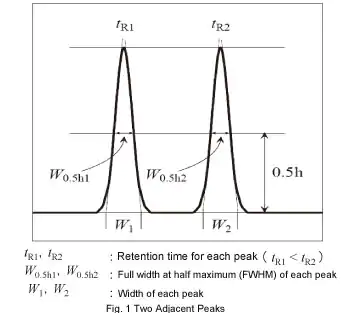Word salad meaning nothing. As I said before4, if you do not know what is the cause, then just admit it.
On the other hand if you agree with Dawkins that life and reality are without meaning, then it follows that science is without meaning and to prove it you sabotage it to make it meaningless.
So now random ,means “may not be predicted precisely.” The biggest problem with this view is that we now know that few if any processes can be predicted precisely which makes everything random. If everything is rando\m, then then the concept is meaningless and science itself is meaningless.
Another serious problem is that random does not mean “not predictable.” Some process may be not predictable because it is random, but there are other reasons why they are not predictable. When you conflate the meaning of one word with other words you lose the original meaning of the word, which is not hood because random is a good word with a good meaning.
Science has the task of observing and understanding nature. Philosophy has the task of determining the meaning of words and the meaning of nature.
The question I raised was not if natural selection could be predicted or not. The question was whether on not ecology was the cause or agent behind natural selection as indicated in the Wiki article. If it is, then natural selection is not random in relationship to the ecology, even if it cannot be calculated precisely.
You says that a mutation gives some a 10% advantage. Do individuals have a sign on their backs? Of course not. It is natural selection which determines if some will survives and flourish while other do not. It is unpredictable because it is complicated with many factors that may not be visible, not because some of our predictions are wrong, but we do know that those which survive and flourish will do so because they have an ecological advantage.
ABE ?
There is no evidence for this. What is the result of this interesting phenomenon?
Where are the Gaussian curves in natural selection?
Where is the evidence, since science is a evidence based process?
This is not a coincidence. Every biota is born into a niche. They are born of a species that has already been selected into existence. If an individual has a mutation that helps it survival in that niche or a new home niche, then good for them. Most individuals are little different from the others, and try to make the most of what they have.
Individuals do not try to spread their genes, but since there are many offspring, a small advantage can make a significant difference both ways. Ecology is made up of many factors, physical such as climate, as well as plants, bacteria, insects, animals, and humans.
@paleomalacologist, David, thank you for the comments.
You of course are talking about genes and variation, while I am core concerned about natural selection which seems to be misunderstood. I really do not understand how Darwin’s theory of natural selection has been around for more than 150 years and yet we do not know how it works, so we do not know if it works. .
